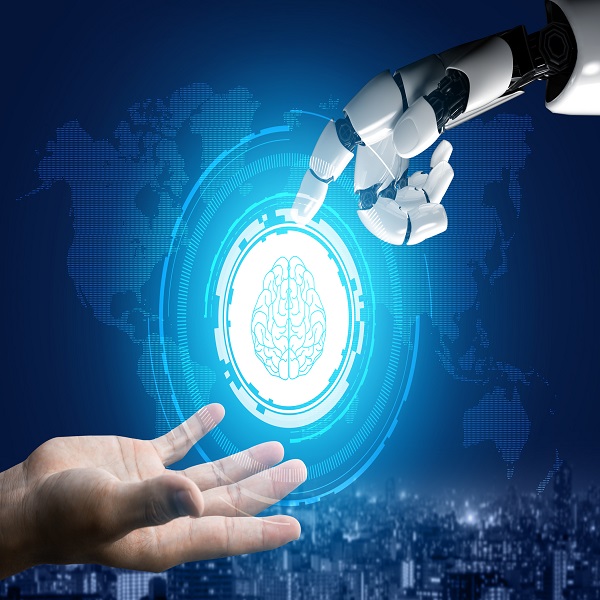We regulate the practice of Orgtology.
What is Orgtology?

Orgtology studies workplace systems and dynamics with the aim to increase performance and ensure relevance. The word is a blend between "organisation" and the Greek word "-logy", meaning the science of organisation. An Orgtologist can help organisations to perform and stay relevant. It holds eight core theories that deal with orgtelligence; work; results; leadership; team dynamics; and intrapersonal wellbeing.
What is Orgamatics?

Orgamatics is an orgtology field of study. Through this, we use scientific method to create strategy and drive operational efficiency. In so, it is key to grasp organisational systems. This includes orgtelligence (systems intelligence & human intellect), work (processes & projects), and results (efficiency & effectiveness). The term blends the words, "organisation" and "mathematics". It denotes the mathematical construct of an organisation.
What is Organamics?

Organamics is an orgtology field of study. In this field, we study the effect that people dynamics have on organisations. People can be abstract, unpredictable, and innovative. In so, they create a dynamic that is hard to grasp. We call this the X-Factor. It creates intrapersonal relations, teamwork, and leadership. These dynamics can change the nature of an organisation. The term blends the words, "organisation" and "dynamics".
Customer
| Term | Definition |
|---|---|
| Customer | A customer is a stakeholder who directly uses the products or service of Org. Different schools have diverse opinions on this. In orgtology we hold that customers are the people or entities for whom the organisation exists. Often customers do not directly sponsor Org. E.g., Coca Cola gets no money directly from the users thereof. They get their money from retailers. Yet, they direct all their marketing at those who drink it. Therefore, the users, and not the retailers, are the customers of Coca Cola. Other stakeholders have an interest in the continuation of the business, but they do not use the products or service of Org. In orgamatics it gets more complex because the systems within Org will have different customers. E.g., within the resource system employees will be customers to Org, but in the core business system they will be stakeholders. It is thus difficult to classify the customers of Org. In so, Orgtologists are reluctant to separate internal from external customers, since all customers are external to a process or project.
General Definition...In sales, commerce and economics, a customer (sometimes known as a client, buyer, or purchaser) is the recipient of a good, service, product or an idea - obtained from a seller, vendor, or supplier via a financial transaction or exchange for money or some other valuable consideration.
Hits - 1407
|
Our Featured Blog Articles
The Orgtology Club Leader Board
Our Latest Blog Articles
Orgtology Glossary
The Orgtology Club - Stream
-
Stream item published successfully. Item will now be visible on your stream.
-
Post is under moderationStream item published successfully. Item will now be visible on your stream.
-
Stream item published successfully. Item will now be visible on your stream.
-
Post is under moderationStream item published successfully. Item will now be visible on your stream.
-
Stream item published successfully. Item will now be visible on your stream.






